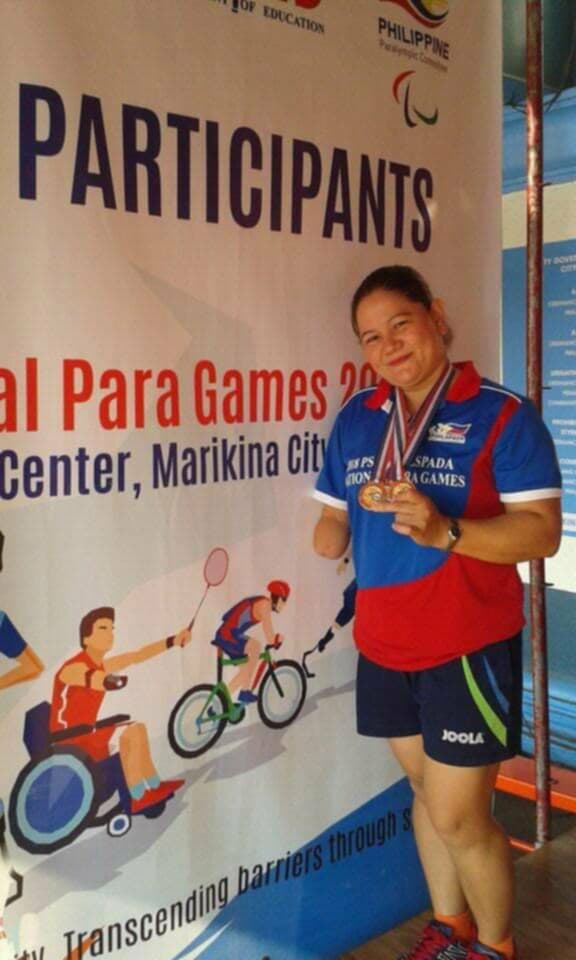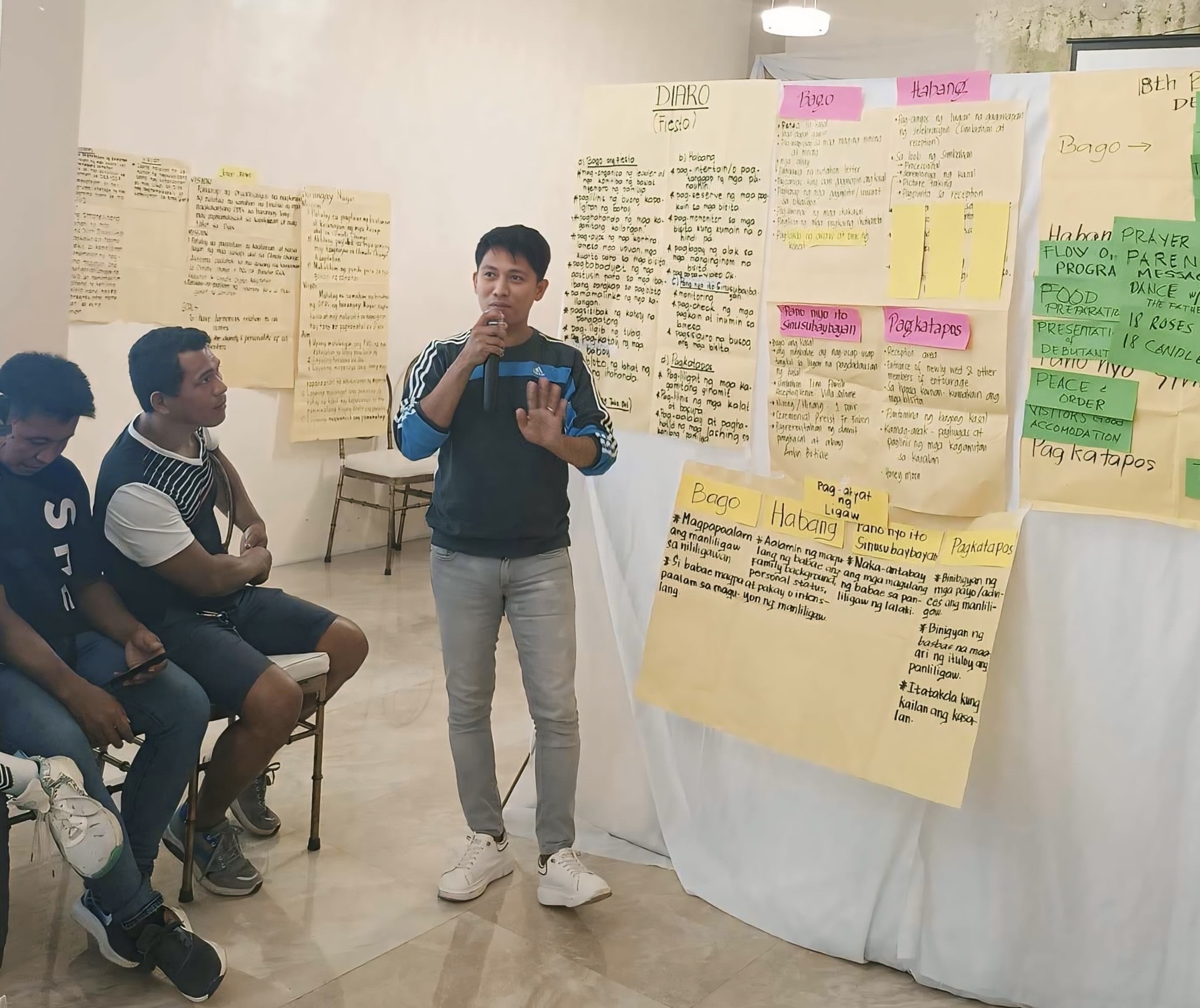Surrender Conference 2019: Part 1
Stories | March 20, 2020
The relationship between social justice and Christianity is at the heart of each annual Surrender Conference.
Surrender is a Christian organisation that seeks to “motivate emerging generations across the wider church to move from interest to action” and affirms those already committed to mission and justice.
As a Surrender partner, CBM Australia was given the opportunity to conduct a workshop with speakers addressing the conference theme Interwoven: Can We All Come Together?
In this three-part series, we share stories from Ipul Powaseu, Stevie Wills, and a summary of findings from the recent Papua New Guinea Church Partnership Program Disability Inclusion Assessment Report funded by the Australian Government. These stories provide some insight into the exclusion people with disabilities face, and what it would take for societies to become more inclusive.

CBM Australia was delighted to host Ipul Powaseu, PhD student and Pacific Disability Forum board member, as a workshop speaker. Ipul’s insight into some of the barriers to disability inclusion highlighted the ongoing need for advocacy in this area.
Her stories also highlighted that exclusion is not always as obvious as it may seem.
Ipul spoke about a woman who wanted to be part of a women’s art and craft group. While the group would regularly visit to pray for her, she longed to create art and craft, and to sew with them.
“The perception is that people with disabilities just need things done for them”, Ipul said.
“But when you talk to people, you realise they want to be part of things as well, not just recipients.”
This demonstrates that inclusion is not just about physical access – though this is important. Ipul also spoke about schools with ramp access but no support for students with additional communication needs, and also about a young man with disability who passed away having never been to church with his family because he didn’t have a wheelchair.
Because he didn’t have a wheelchair, the young man’s family had always left him at home when they went to church – which meant the pastor was unaware he was part of their family until asked to conduct his funeral.
“The pastor was shaken when he told me this”, Ipul said.
“But that’s the experience of a lot of people.”
One of Ipul’s most important insights throughout this discussion was that disability advocacy is not just a role for people with disabilities, because there is simply too much to do.
“There are a lot of barriers”, Ipul said.
As well as significant barriers, there is also positive work being done by both CBM Australia and individuals towards supporting people with disabilities to be included within their local and faith communities. Part 2 of this series will highlight some of the benefits that inclusion brings.
Follow CBM Australia on Facebook and Twitter to keep up to date with Australia’s largest implementer of disability inclusive development activities worldwide.
https://www.cbm.org.au/stories/surrender-conference-2019-part-1
Related Stories

Aiming for gold and championing the rights of people with disabilities
Minnie, a 40-year-old mother of two and Treasurer of...

Jay’s journey: from hiding his disability to advocating for change
Jay, a 31-year-old hairdresser from the Philippines and father...

The Blessed Life
Mary learnt the depths of the implications of living the blessed life. The angel Gabriel had told Mary that she was going to be pregnant with the Son of God....
